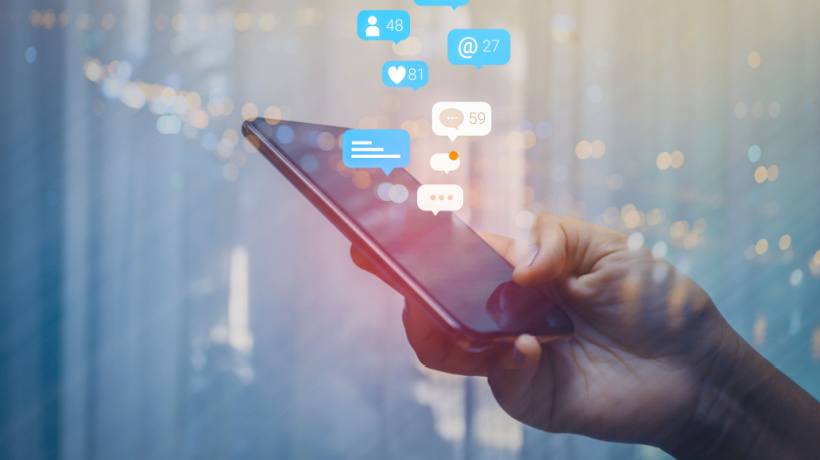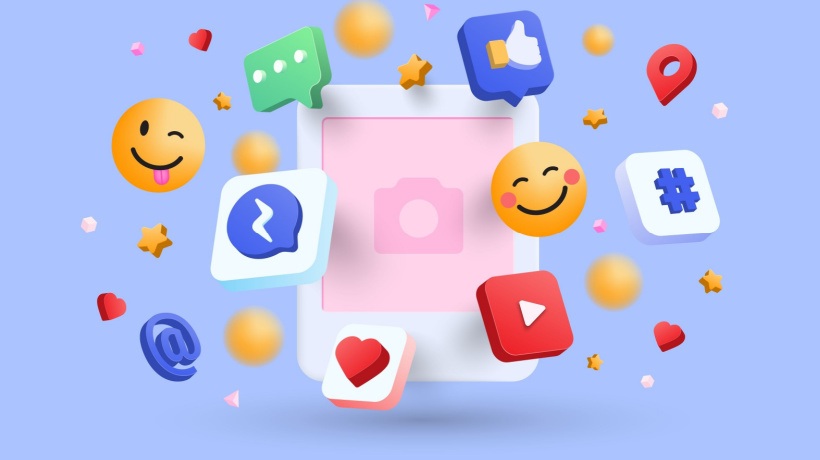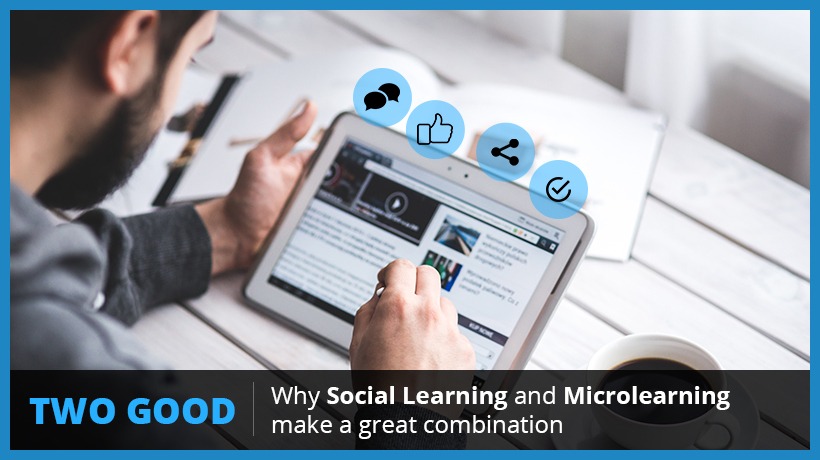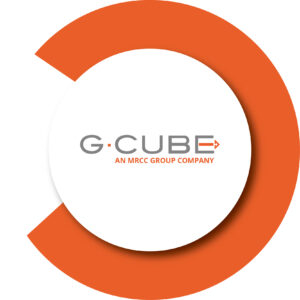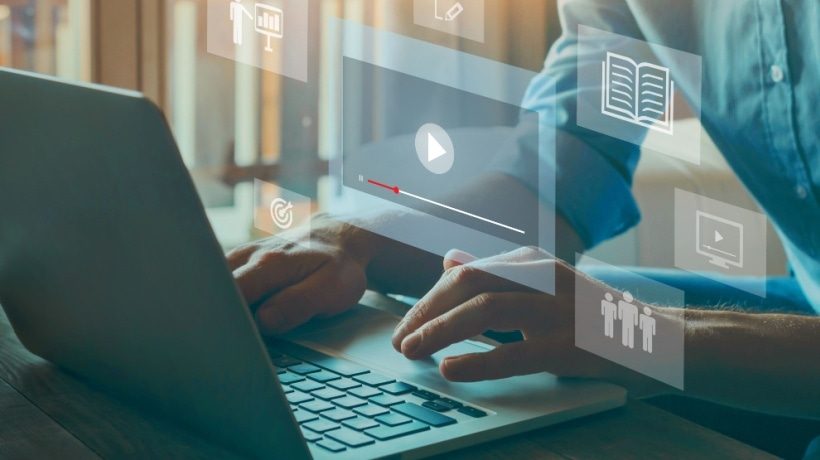How Social Media Has Impacted The Way We Learn
Microlearning has been gaining popularity in recent years thanks to the fact that you can break complex ideas and concepts into small, bite-sized pieces that are easily consumed and retained. This makes it a perfect match for social media. Learners are now able to access materials on the go and collaborate with peers for remote support. However, why is the social media and microlearning combo so popular? Have our attention spans shortened so much that we can't concentrate on a full lesson, or is there more to it than that?
Short Attention Spans And The Rise Of Microlearning
Social media platforms are designed to be engaging and addictive, with features such as notifications, likes, and comments that stimulate our brains. Therefore, we keep coming back to the apps and are more easily distracted than ever before. Research by Microsoft has shown that our attention span is only eight seconds. This means that, as humans, we seek short, easily digestible content, as we're often unable to focus on something for extended periods. Social media promotes microlearning by offering short pieces of information that's custom-tailored to our needs at the moment. Also, the rise of mobile devices has caused us to increasingly access our social media platforms through our smartphones and tablets.
Tips To Increase Our Attention Span During Microlearning Sessions
1. Set Learning Goals
Before beginning a microlearning session, identify your learning goals and objectives. For example, why do you need to watch that specific video? What do you aspire to learn? This will help you stay focused on the specific information you need to learn and prevent you from getting distracted by other topics.
2. Eliminate Distractions
Our phones are probably what distracts us the most in modern life. This can happen even if we use them for microlearning or other educational pursuits. To begin with, eliminate distractions by turning off your phone's notifications and finding a quiet space where you can focus on the content. A nice tip is to use headphones to immerse yourself if you're watching videos.
3. Take Breaks
Short breaks can help you refresh your mind and increase your ability to focus on the content. You can also set a timer for your learning session. Additionally, do mindfulness practices, like deep breathing or meditation. You can even do them beforehand to get in the right frame of mind for your studies.
4. Active Learning Techniques And Activities
Engage in more active learning practices, like taking notes or summarizing the content in your own words. This will keep you engaged and help with information retention. You can also do supplementary activities. For example, if you've watched a short video on a topic, try reading a related article or an interactive quiz to grasp the information better and remain concentrated.
The Benefits Of Microlearning
Flexibility
Microlearning allows people to learn at a pace that suits them. This is why it's more flexible than traditional forms of education. Also, microlearning can be accessed at any time, from anywhere in the world, and on a variety of devices. This is ideal for people with busy schedules who can't attend traditional educational facilities. Lastly, it's also flexible in terms of content since people can choose from a variety of media, like videos, infographics, articles, podcasts, etc.
Retention
Microlearning content enables people to quickly absorb the key concepts and take away the most important tidbits without becoming overwhelmed or bored. They don't have to worry about cognitive overload creeping in and causing them to forget their newfound knowledge within minutes of their training session.
User-Friendliness
Microlearning resources are often presented in a format that's easily accessible and shareable on social media platforms. People can easily navigate through the content using apps they're already familiar with instead of having to master new software.
Microlearning Through Social Media Platforms
Video-Sharing Platforms
Video-sharing platforms, like YouTube and TikTok, have become a hub for microlearning. That's because they host millions of videos covering a wide range of topics. These platforms also allow short-form videos, up to three minutes long, that are easy to consume and share. Videos typically feature engaging graphics, animations, and special effects that capture the viewer's attention. It's important to highlight that these platforms promote user-generated content, encouraging viewers not only to consume the videos but also to create their own. Lastly, it's easy to find information on virtually any topic in a matter of seconds due to the advanced search algorithms.
Photo-Sharing Platforms
Photo-based platforms, like Instagram and Pinterest, share some of the same capabilities as the platforms mentioned above. Their visual content consists mostly of photos and infographics. However, some of them have adopted short-form videos. They're a great option for knowledge refreshers, such as compliance checklists. One of the perks is that content can be easily organized, as these platforms use boards and collections to help users curate microlearning resources and refer back to them whenever the need arises.
Networking Platforms
Facebook and LinkedIn are some examples of networking platforms where people create groups and networks to connect with others and share similar interests and insights. They also have newsfeeds that allow users to easily access and consume microlearning content shared by other users or organizations, like articles, videos, and guides. These types of social media are usually perceived as being more professional than their social media counterparts. For example, LinkedIn is usually a go-to resource if you want to learn from industry experts.
Microblogging Platforms
Microblogging platforms, like Twitter, tend to have a character limit for posts, making them excellent for sharing short bursts of information. Their real-time nature also means that users can quickly and easily share updates and breaking news on a particular topic. Additionally, users are able to create a series of connected tweets on a particular topic.
What Will Happen To Microlearning In The Future?
More and more people are likely to turn to these platforms for their learning needs. After all, many of us have resorted to a video tutorial on how to complete a task versus reading a manual. Advances in technology, such as Virtual Reality (VR) and Augmented Reality (AR), will also enhance the microlearning experience, enabling users to engage with learning materials in innovative ways. Finally, the future probably holds more thought leaders on social networks. This could lead to the development of more specialized communities that are dedicated to specific topics or interests, job roles, or industries.
Conclusion
Social media platforms aren't always the bad guy. They've played a significant role in shortening our attention spans. However, at the same time, they've contributed to the popularity of microlearning and given more people access to educational resources. Visit our list of top content providers for microlearning to evaluate outsourcing solutions and see which company has the qualifications you're looking for.
